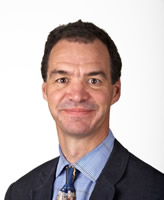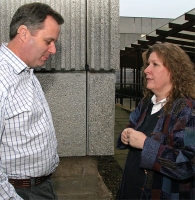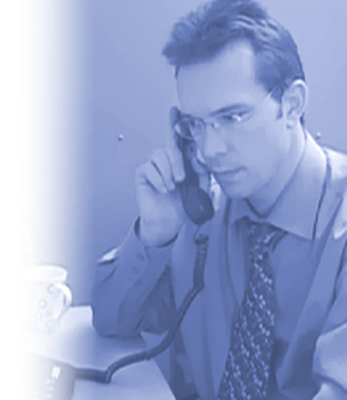Telephone Consultations course for GPs



This session explores the issues that may arise when a consultation is conducted over the telephone, including how to minimise the possible negative factors. The advantages of using the phone are then discussed, following by a presentation of best practice advice.
This session was reviewed by Khyati Bakhai and last updated in December 2020.
Learning Objectives
By the end of this session you will be able to:
- List the reasons why the telephone can be an advantageous consultation tool
- Describe the drawbacks and possible negative outcomes
- List the reasons why some people may not be comfortable talking on the phone
- Discuss what sort of conversations should be avoided
- Give examples of best practice guidelines for using the telephone as part of a consultation
People have been using the telephone to consult a doctor from the time the telephone was invented in 1876. The COVID-19 pandemic led to a huge change in practice where over a short period of time, the majority of consultations across the country were initially taking place remotely, particularly over the phone.
Before commencing this session you should:
- Have had experience of talking with patients on the telephone
- Have observed senior clinicians consulting on the telephone
As a GP, Michael Innes works in a large urban practice in Telford that has a strong tradition of training at all levels of medicine.
Until 2011, Dr Innes worked as a Senior Lecturer in the department of Primary Care at the University of Birmingham. Both his MSc and PhD concentrated on telephone consultations in primary care. He has published both on telephone consultations and on electronic records.
Dr Innes has been involved in further training for doctors with specific communication needs. He has facilitated training on organisational aspects of primary care as well as on telephone use for all practice staff. He has also been an author, actor and editor for the RCGP communication skills DVD.
In 2011 he swapped his Academic role for a commissioning one and he now is the Clinical Chair of Telford and Wrekin Clinical Commissioning Group.


- Communication Impairments Part 4: Autistic Spectru...
- Posted By eIntegrity Healthcare e-Learning
- Posted Date: 2024-12-23
- Location:Online
- This session is the last of four that looks at different speech, language and communication impairme...
- Communication Impairments Part 3: Cleft Palate, He...
- Posted By eIntegrity Healthcare e-Learning
- Posted Date: 2024-12-23
- Location:Online
- This session is the third of four which describe different speech, language and communication impair...
- Communication Impairments Part 2: Specific Speech ...
- Posted By eIntegrity Healthcare e-Learning
- Posted Date: 2024-12-23
- Location:Online
- This session is about speech sound disorder (SSD). It describes the characteristics associated with ...
- Communication Impairments Part 1: Late-talking Tod...
- Posted By eIntegrity Healthcare e-Learning
- Posted Date: 2024-12-23
- Location:Online
- This session is the first of four which describe different speech, language and communication impair...
- Typical Development Part 2: First Words and Early ...
- Posted By eIntegrity Healthcare e-Learning
- Posted Date: 2024-12-23
- Location:Online
- This session gives an overview of the main aspects of how language typically develops in children. I...







